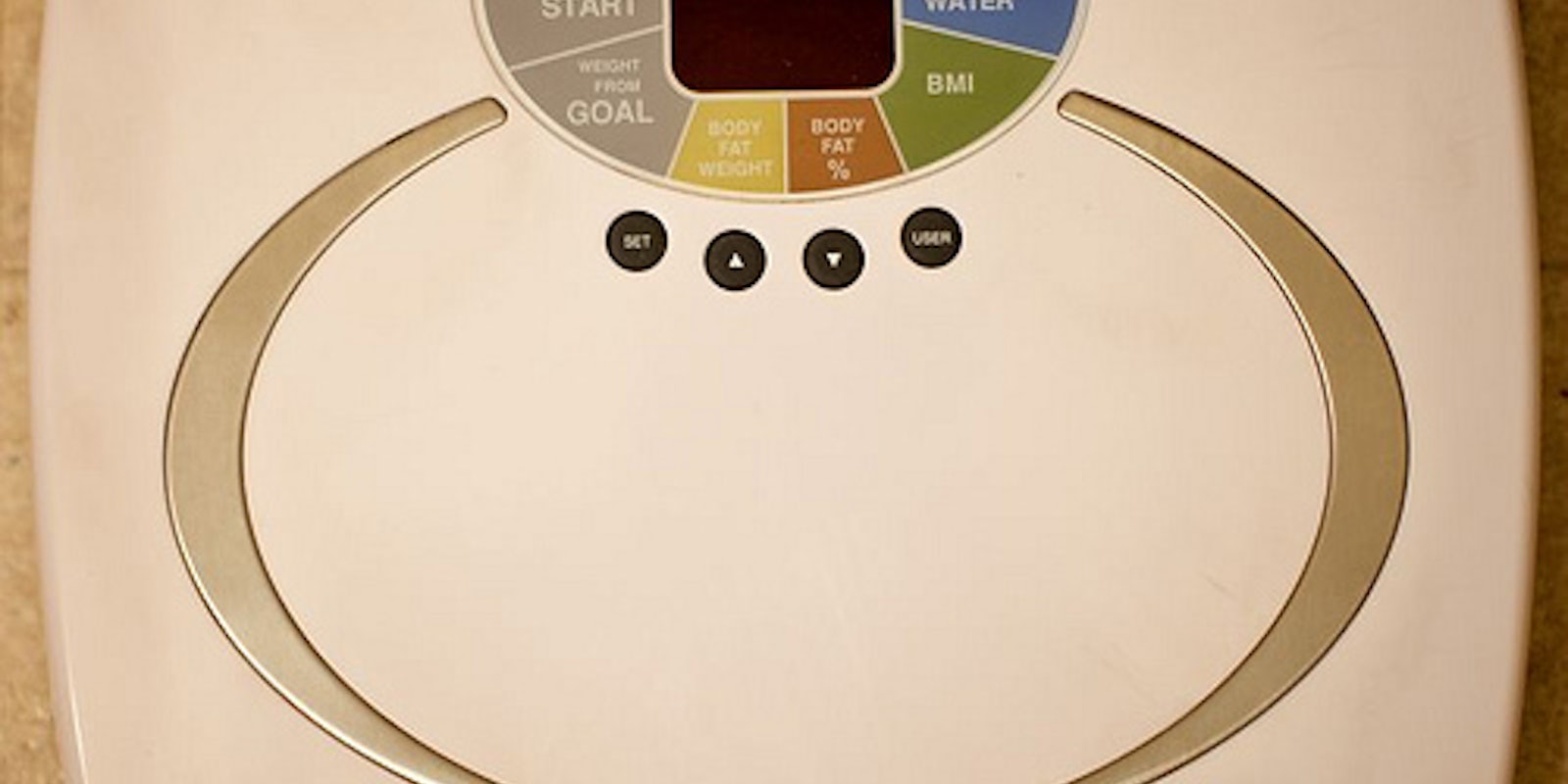Last year Lindsay Chung signed up for SparkPeople, a Web site focused on weight loss, in hopes she could shed some excess weight. At first, she struggled, forgetting to log into the Web site to log what she had eaten at every meal, a habit that most weight loss experts say is crucial to success.
Then Chung, who blogs about her efforts to lead a healthier life, downloaded SparkPeople’s application to her mobile phone. Within three months she had lost 15 pounds.
“Since the app was always right there with me it was easier to remember, Chung said. “At the same time, it was tied into the site so I could still check my stats and progress there if needed.”
This week’s announcement by the founders of Twitter that they would launch a new social network focused on helping people reach personal goals comes at a time when many other companies have already jumped into the online self-help space. Key to the success of Lift, say customers and creaters, will be creating apps that are easy to use and can be downloaded and taken wherever someone goes.
Joseph A. Satto is the founder of mySomeday.com, a social goal-achievement platform that may find itself in direct competition with Lift. Satto said mySomeday helps users break goals ranging from “run a half marathon” to “become a fashion designer” into increments and offers support from other community members along the way. When a user completes his or her goal, they are interviewed and profiled on the Web site.
“The core element in achievement is having a detailed plan and then working toward that goal incrementally through actionable steps,” Satto said. “This is why our platform focuses on helping users build or copy expertise in the form of step-by-step plans where they can track their progress and set deadlines/reminders.”
Applications also give users a sense that the plan is tailored for them.
“Diets that you read out of a book are cookie-cutter — not at all personalized,” said Chung, the blogger that lost 15 pounds using SparkPeople. “The app I used allowed me to put in my dietary restrictions and weight loss and customized calorie and exercise goals as well as meal plans for my particular needs and goals.”
Big industry players like Weight Watchers are also rushing into the space, but small start-ups are capable of holding their own. When Wayne Spivak was forced to lose weight because of a medical problem, he tried several methods before settling on LoseIt, a free app which did everything the Weight Watchers Web site charged Spivak a monthly fee to access.
Spivak lost 55 punds with daily walking and cycling, as well as diet changes, all of which were recorded with LoseIt.
“Weight watchers et al charge a lot of money to listen to people tell you not to eat. I did it for free,” the Long Island-based financial consultant said.


